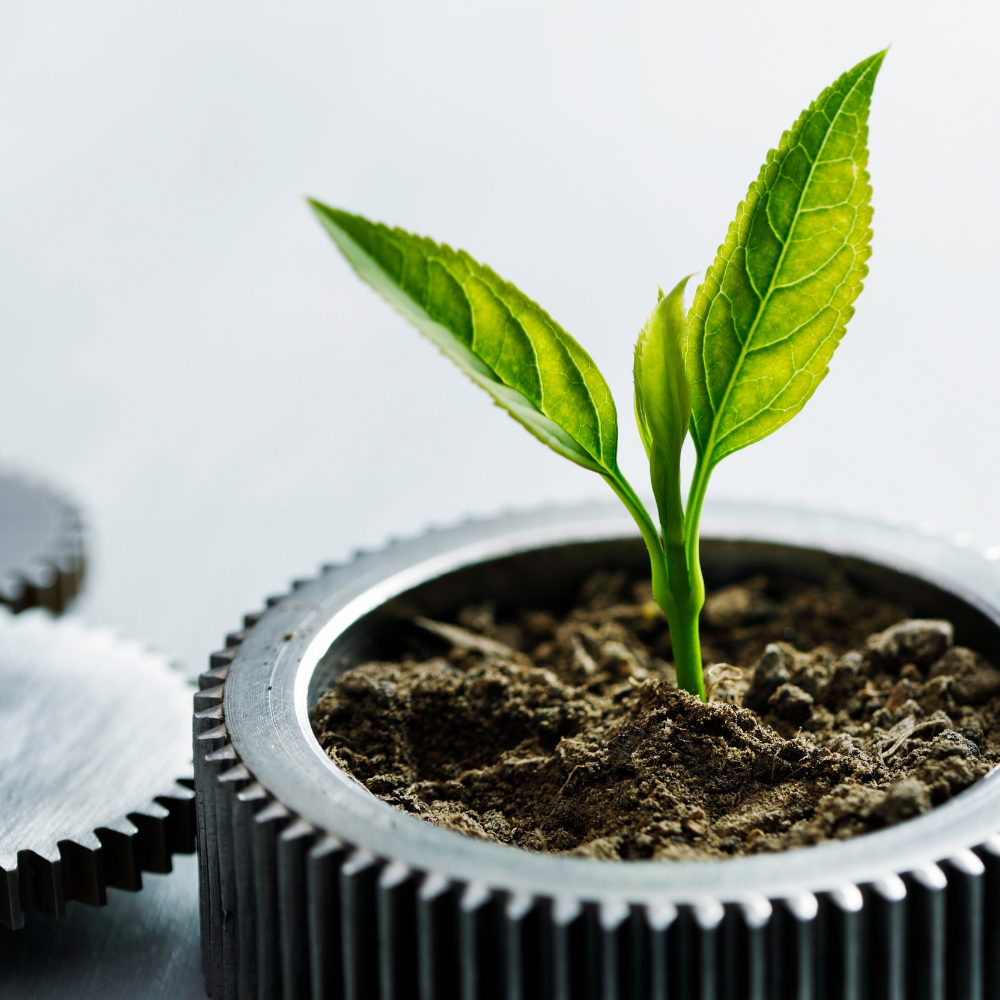The concept of sustainability has gone through a lot of changes over the years, but it remains as relevant as ever. As we enter into a new era, it’s time to look at things differently and redefine what it means to be sustainable.
The evolving nature of sustainability
Sustainability has evolved over the years. In the beginning, sustainability was mostly focused on environmental issues and climate change. But now it’s about more than just climate change.
Our changing world means that we need to think about how people and resources will be managed in the future, as well as how they will impact our planet’s ecosystems and biodiversity.
We’re also seeing a focus on solutions rather than problems; there’s been a shift away from talking about what we can do without in order to reduce our impact on Earth—like banning plastic bags for example—to talking about new technologies that improve upon those products we have relied upon for so long (like biodegradable packaging).

What is sustainable?
Sustainability is the ability to maintain a certain level of economic, social and environmental well-being. It is the ability to meet the needs of the present without compromising the ability of future generations to meet their own needs.
This is not your parents’ concept of sustainability
Sustainability is not the same as it was in the past. In fact, sustainability has evolved considerably over time and continues to do so today.
So much so that this new concept of “sustainability” can be seen as a sort of umbrella term for more specific definitions of sustainability.
Perhaps one of the greatest shifts in thinking about sustainable development has been its evolution from an environmental issue into an economic issue.
Although many people still think “environmentally friendly” when they hear the word “sustainable,” there are now many other ways to define sustainability than just being environmentally friendly — or even just being economically viable!

On the cusp of a new era
You may be asking yourself, “What does this all mean for me? Should I just continue with the way things have always been done? What’s the point of changing something if everything is still intact?”
The answer to that question lies in the fact that we are on the cusp of a new era. We can no longer operate under old standards and rules because they no longer apply. To succeed in a changing world, we need to change our thinking and look at sustainability through a different lens.
We need to start asking ourselves different questions: How do we create environments where people want to live and work? How do we make sure everyone has access to clean water? How do we make sure we don’t starve due to lack of food resources? And most importantly, how do we ensure that future generations inherit a healthy planet?
Time to look at things differently
We live in a time where sustainability is not just about the environment, it’s not just about the economy, and it’s not just about social issues. Sustainability has become an umbrella term that encompasses many other related topics including politics, technology and more.
This means that we need to look at things differently than what we have been used to in order to truly achieve sustainability (and avoid making mistakes).

There are multiple ways to define sustainability
Sustainability is not just about the environment. It’s a mindset, a way of life and it’s about people too.
In fact, sustainability is defined as “meeting our needs in ways that don’t undermine the well-being of future generations” and that means taking into account social, environmental, cultural and economic factors.
It’s an overarching framework for thinking about how we can operate in a way that works for everyone: people; planet; profit.
In this day and age, sustainability has become more than just a buzzword. It is a necessity for businesses to stay ahead of the curve and keep up with their customers’ demands.
If you want your business to stay relevant in an ever-changing world, then you need to rethink how you think about sustainability.
This means looking beyond traditional definitions of what it means to be sustainable and exploring new ideas and ways of thinking about how things work together so that everyone benefits from their existence on this planet



